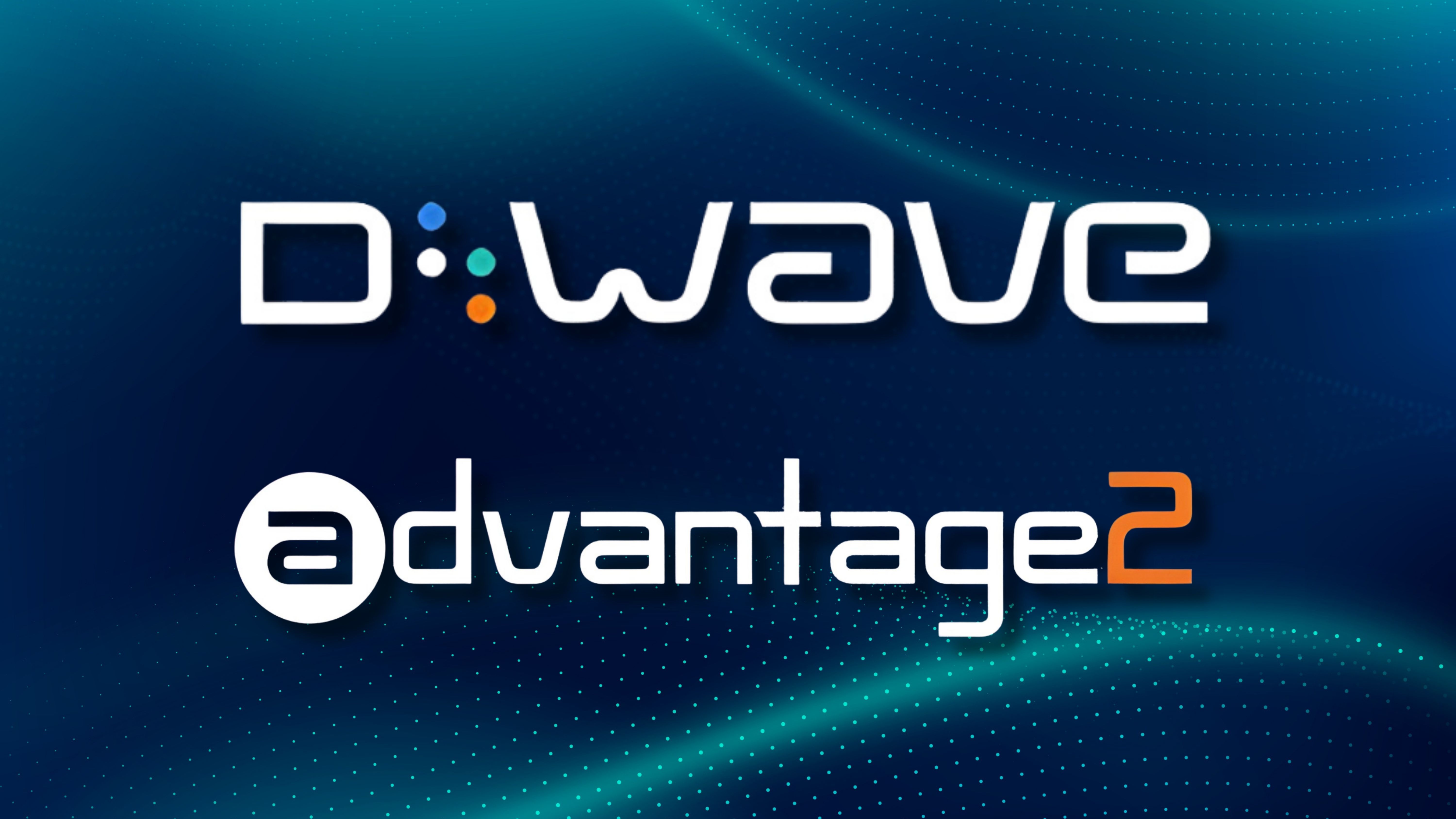A new feature called ‘Stories’ from Character.AI allows users under 18 to create interactive fiction with their favourite characters. The move replaces open-ended chatbot access, which has been entirely restricted for minors amid concerns over mental health risks.
Open-ended AI chatbots can initiate conversations at any time, raising worries about overuse and addiction among younger users.
Several lawsuits against AI companies have highlighted the dangers, prompting Character.AI to phase out access for minors and introduce a guided, safety-focused alternative.
Industry observers say the Stories feature offers a safer environment for teens to engage with AI characters while continuing to explore creative content.
The decision aligns with recent AI regulations in California and ongoing US federal proposals to limit minors’ exposure to interactive AI companions.
Would you like to learn more about AI, tech, and digital diplomacy? If so, ask our Diplo chatbot!










